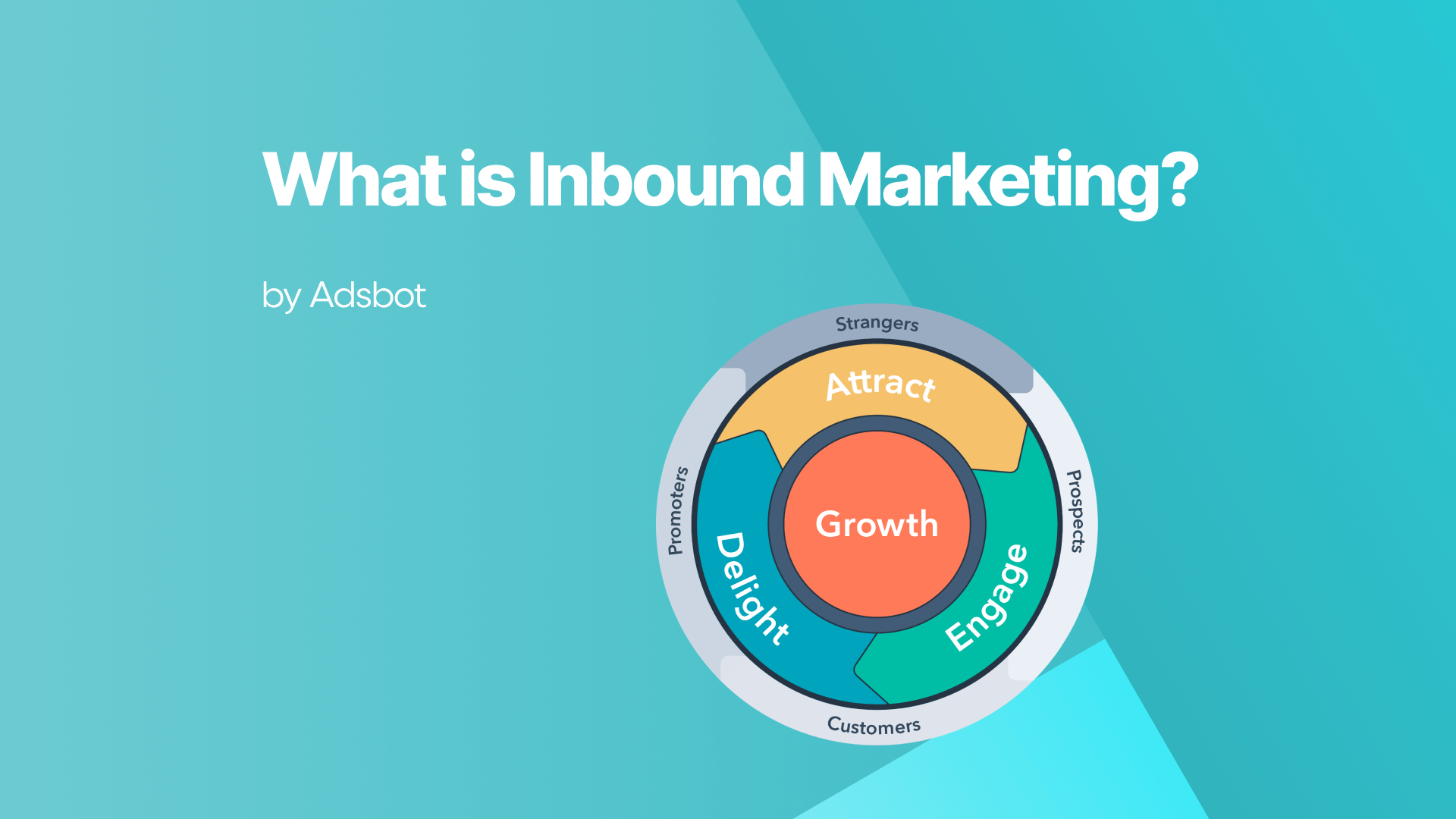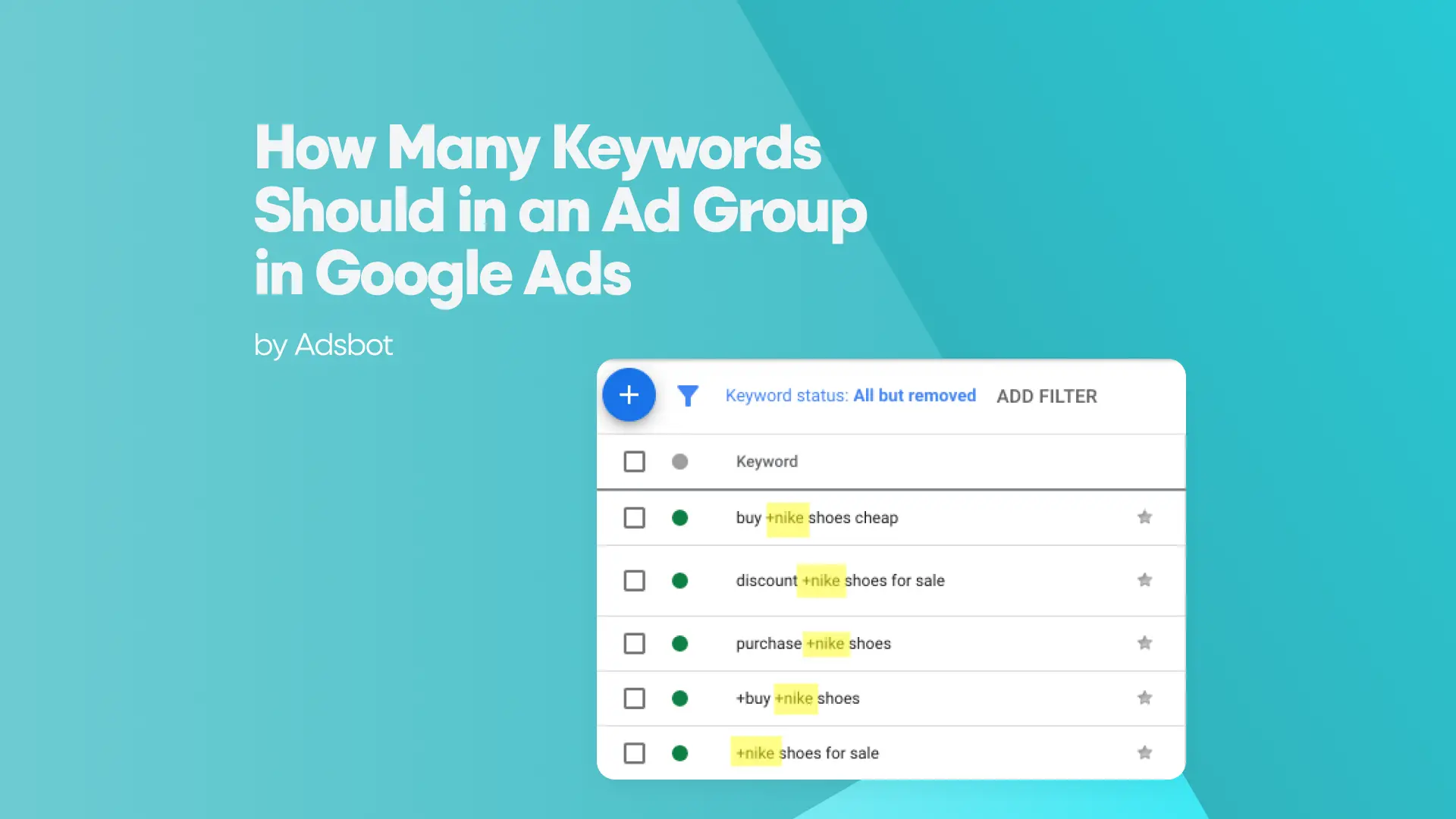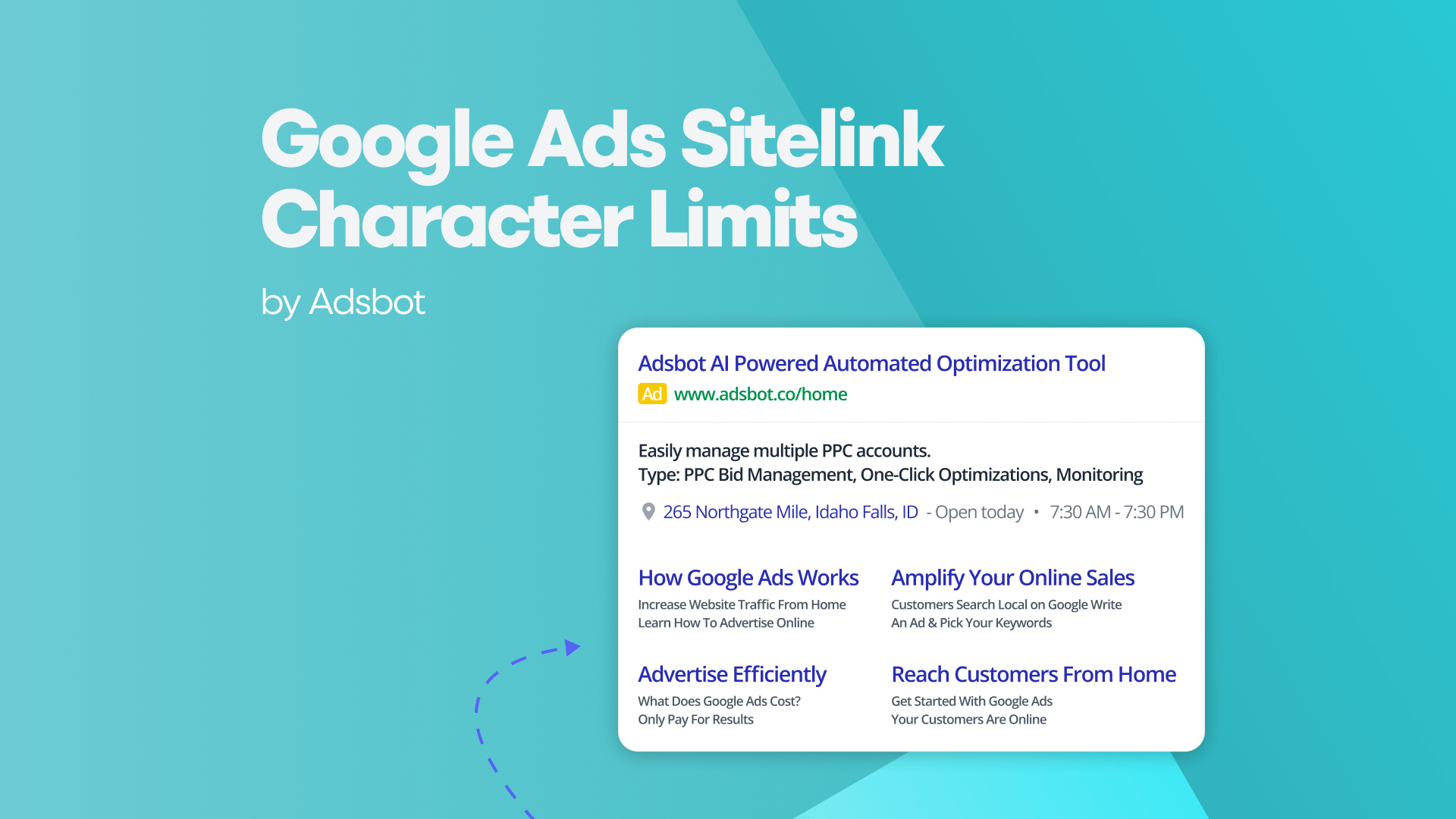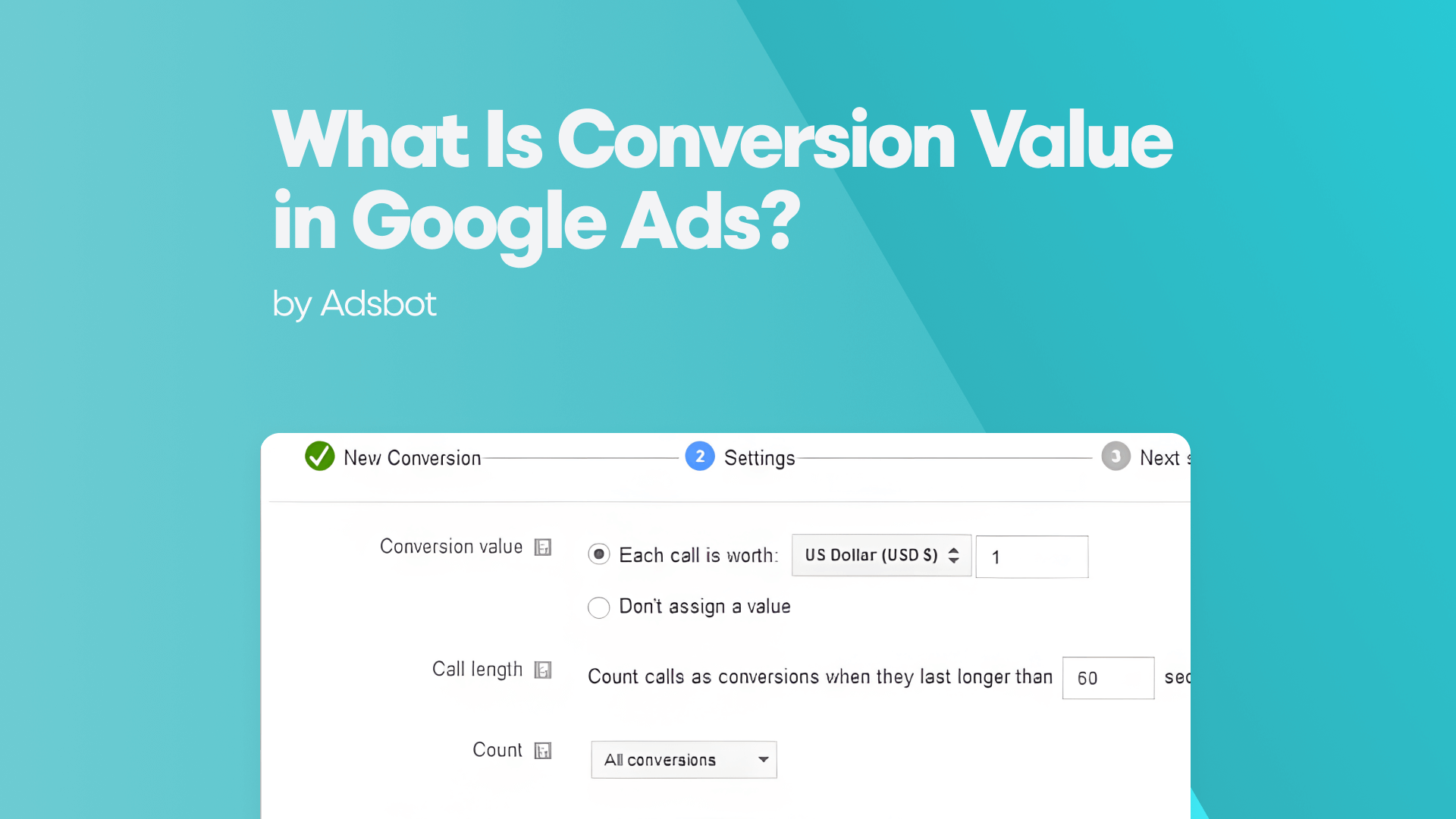In the ever-evolving landscape of digital marketing, one term that has gained significant traction in recent years is “inbound marketing.” But what exactly is inbound marketing, and why is it considered a game-changer in the realm of marketing strategies? Let’s explore the ins and outs of inbound marketing, its importance, how it works, and the myriad benefits it offers to businesses of all sizes.
Definition of Inbound Marketing
Inbound marketing is a strategic approach that focuses on attracting and engaging potential customers through valuable content and experiences rather than using traditional, interruptive marketing tactics. The core principle of inbound marketing is to provide content that addresses the needs and interests of your target audience, thereby drawing them to your brand naturally. This approach typically involves creating and sharing useful content through blogs, social media, and other channels, optimizing your website for search engines, and nurturing leads through personalized email campaigns. By focusing on delivering value and building trust, inbound marketing aims to convert visitors into customers and ultimately foster long-term relationships.
Why is Inbound Marketing Important?
Inbound marketing represents a paradigm shift from traditional outbound marketing tactics, such as cold calling, direct mail, and interruptive advertisements, to a more customer-centric approach. Instead of bombarding potential customers with promotional messages, inbound marketing focuses on attracting, engaging, and delighting prospects by delivering relevant and valuable content at each stage of their buyer’s journey. By aligning marketing efforts with the needs and interests of target audiences, inbound marketing builds trust, credibility, and lasting relationships with customers.
How Does Inbound Marketing Work?
At its core, inbound marketing revolves around the concept of creating and sharing compelling content that addresses the pain points, challenges, and interests of your target audience. This content is distributed through various channels, such as blogs, social media, email newsletters, podcasts, videos, and downloadable resources, to attract qualified leads and nurture them through the sales funnel. By leveraging SEO best practices, targeted keywords, and data-driven insights, inbound marketers optimize content to ensure it’s easily discoverable by potential customers who are actively searching for solutions to their problems.
What are the Benefits of Inbound Marketing?
The benefits of inbound marketing are manifold, ranging from enhanced brand visibility and customer engagement to improved lead generation and conversion rates. Let’s delve into some of the key advantages that make inbound marketing a game-changer for businesses:
- Attracts Qualified Leads: The goal of inbound marketing is to draw in leads who are already considering your goods or services. This approach produces leads that are of higher quality and have a higher chance of becoming customers.
- Builds Brand Authority: Inbound marketing aids in positioning your company as a reliable expert in your sector by regularly providing insightful content that enlightens, informs, and entertains your audience.
- Increases Engagement and Interactions: Inbound marketing increases brand visibility, loyalty, and advocacy by fostering meaningful connections and engagement with your audience through tailored and relevant content.
- Drives Organic Traffic: Inbound marketing optimizes content for search engines and social media platforms, increasing visibility, ranks, and inbound links.
- Cost-Effective: Inbound marketing is frequently less expensive than typical outbound marketing strategies since it depends less on costly advertising campaigns and more on content generation, optimization, and distribution.
- Measurable Results: Inbound marketing offers sophisticated analytics and tracking tools, allowing marketers to analyze campaign efficacy, discover areas for development, and make data-driven decisions to improve performance.
In conclusion, inbound marketing represents a customer-centric approach to marketing that prioritizes delivering value, building relationships, and driving meaningful engagement with target audiences. Understanding concepts like CPA vs CPC is essential for optimizing your inbound marketing efforts, as it helps you assess the cost-effectiveness of your campaigns. By focusing on attracting, engaging, and delighting prospects through relevant and valuable content, inbound marketing enables businesses to build brand authority, drive qualified leads, and achieve sustainable growth in today’s competitive marketplace. Embracing inbound marketing principles can transform your marketing strategy and position your business for long-term success.
Popular Posts
-
How Many Keywords Should Be In an Ad Group in Google Ads?
Ever wondered if your Google Ads campaigns are packed with…
Read more -
Google Ads Script for Dummies: An Introduction
Imagine you have an e-commerce website that sells licensed superhero…
Read more -
Google Ads Sitelink Character Limits
Your Google Ads are cutting off in the middle of…
Read more -
What Is Conversion Value in Google Ads?
What if you could put a price tag on every…
Read more
Register for our Free 14-day Trial now!
No credit card required, cancel anytime.





